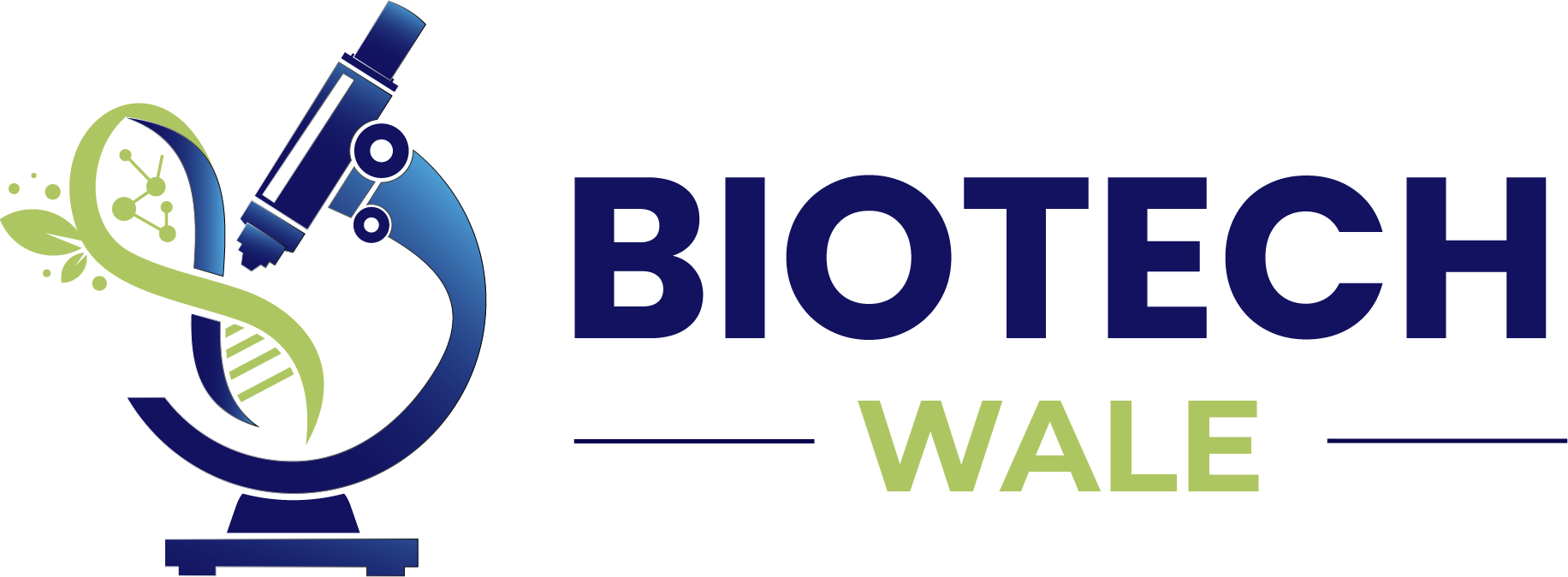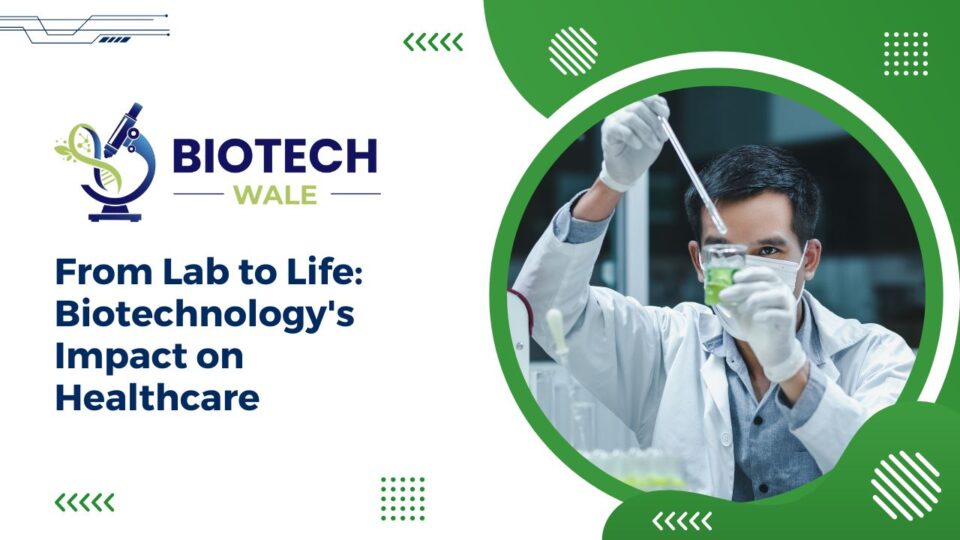Introduction to Biotechnology and its Role in Healthcare
Welcome to the exciting world where science fiction meets reality – biotechnology in healthcare! Picture this: cutting-edge research, groundbreaking discoveries, and life-saving innovations all coming together to revolutionize the way we approach medical treatment. Today, we delve into the realm of biotechnology and explore its profound impact on shaping the future of healthcare. Join us on this captivating journey from lab to life as we uncover the transformative power of biotech in improving human health and well-being.
The History of Biotechnology in Medicine
Biotechnology’s journey in medicine dates back to ancient cultures using natural remedies. Fast forward to the 20th century, where scientific advancements paved the way for groundbreaking discoveries. In the 1950s, the discovery of DNA structure by Watson and Crick laid a solid foundation for biotech applications in healthcare.
The 1970s witnessed the birth of genetic engineering techniques, leading to insulin production through recombinant DNA technology. This milestone revolutionized diabetes treatment globally. The Human Genome Project in the 1990s opened doors to personalized medicine and targeted therapies based on individual genetic profiles.
With each passing decade, biotechnology continues pushing boundaries in medical research and treatment options. Today, gene editing technologies like CRISPR offer potential cures for genetic disorders previously deemed incurable. As we delve deeper into understanding our biological makeup, the history of biotechnology in medicine serves as a testament to human ingenuity and relentless pursuit of improving healthcare outcomes.
Key Developments and Breakthroughs in Biotechnology
Biotechnology has revolutionized healthcare with key developments and breakthroughs that continue to push the boundaries of what is possible. Through genetic engineering, scientists can now create personalized medicine tailored to individuals’ unique genetic makeup, offering more effective treatments with fewer side effects.
Advancements in biotech have also led to the development of innovative diagnostic tools, such as gene editing techniques like CRISPR-Cas9, allowing for precise modifications at the molecular level. This opens up new possibilities for treating previously incurable diseases and conditions.
Furthermore, biotechnology has paved the way for regenerative medicine, where stem cells are used to repair damaged tissues and organs. This cutting-edge technology holds immense promise for patients suffering from injuries or degenerative diseases.
With ongoing research and collaboration between experts in various fields, the future of biotechnology in healthcare looks incredibly promising. The potential for further breakthroughs is vast, offering hope for improved health outcomes and a higher quality of life for people around the world.
The Current State of Healthcare with Biotechnology
Biotechnology has revolutionized the current state of healthcare, offering innovative solutions for diagnosis, treatment, and prevention of diseases. With advancements in genomics, personalized medicine is becoming more tailored to individual patients’ needs. This means treatments are more effective with fewer side effects.
Furthermore, biotechnology has paved the way for precision medicine, allowing healthcare providers to target specific genes or proteins associated with certain conditions. This targeted approach not only improves patient outcomes but also reduces healthcare costs in the long run.
In addition to personalized medicine, biotechnology plays a crucial role in developing new therapies such as gene editing and immunotherapy. These cutting-edge treatments have shown promising results in treating previously untreatable conditions like certain types of cancer.
The integration of biotechnology into healthcare continues to push boundaries and shape a future where diseases can be tackled with unprecedented precision and effectiveness.
Advantages and Challenges of Biotechnology in Healthcare
When it comes to healthcare, biotechnology offers a range of advantages that have revolutionized the field. One major benefit is personalized medicine, tailoring treatments to individual genetic profiles for more effective outcomes. Biotech has also accelerated drug development processes, bringing life-saving medications to market faster than ever before.
On the flip side, challenges exist in balancing innovation with affordability. The high cost of biotech therapies can limit access for some patients, creating disparities in healthcare. Additionally, ethical considerations surrounding gene editing and data privacy raise important questions about how far we should push the boundaries of biotechnology.
Despite these challenges, the potential for biotechnology in healthcare is vast and promising. With ongoing research and advancements, we can continue to improve patient outcomes and drive medical progress forward into uncharted territories.
Future Possibilities and Potential for Biotech Innovations
The future of biotechnology in healthcare is filled with endless possibilities and potential for groundbreaking innovations. With rapid advancements in genetic engineering, personalized medicine tailored to individual patients’ needs is on the horizon.
Imagine a world where diseases can be detected and treated at an early stage through innovative biotech solutions. From targeted cancer therapies to regenerative medicine, the potential for improving patient outcomes is immense.
Biotechnology also holds promise in enhancing drug development processes, leading to more effective treatments with fewer side effects. The integration of artificial intelligence and big data analytics further propels research efforts towards precision medicine.
As we look ahead, the convergence of biotechnology with other cutting-edge technologies like nanomedicine and bioinformatics opens up new avenues for revolutionizing healthcare delivery. The future is bright as we continue to harness the power of biotech innovations for better health outcomes worldwide.
Ethical Considerations and Regulation in Biotechnology
Ethical considerations play a crucial role in the field of biotechnology, especially when it comes to healthcare. As scientists and researchers push boundaries, questions arise about the moral implications of their work. Issues such as genetic modification, data privacy, and access to new technologies raise complex ethical dilemmas that require careful thought and regulation.
Regulatory bodies like the FDA closely monitor biotechnological advancements to ensure safety and efficacy for patients. Striking a balance between innovation and ethical standards is essential to maintain public trust in the healthcare industry. Guidelines are continually evolving to keep pace with rapid technological developments while upholding ethical principles.
Transparency, informed consent, and equity are key pillars in addressing ethical concerns within biotechnology. Stakeholders must navigate these intricate issues responsibly to safeguard both individual rights and societal well-being. By fostering open dialogue and adherence to ethical guidelines, we can harness the full potential of biotechnology for improving healthcare outcomes while respecting human values.
Conclusion: How Biotechnology is Shaping the Future of Healthcare
As we look towards the future of healthcare, it’s evident that biotechnology will continue to play a pivotal role in shaping the landscape of medicine. With constant advancements and breakthroughs, biotech innovations have the potential to revolutionize how we diagnose, treat, and prevent diseases.
From personalized medicine to gene editing technologies, the possibilities seem endless. However, as we embrace these exciting prospects, it’s crucial to navigate carefully through ethical considerations and regulatory frameworks. Balancing innovation with safety and ethics will be paramount as we move forward.
In conclusion: Biotechnology stands at the forefront of healthcare transformation, offering promising solutions and hope for a healthier future. Let’s embrace this journey together as we unlock new potentials in improving human health and well-being.





Average Rating